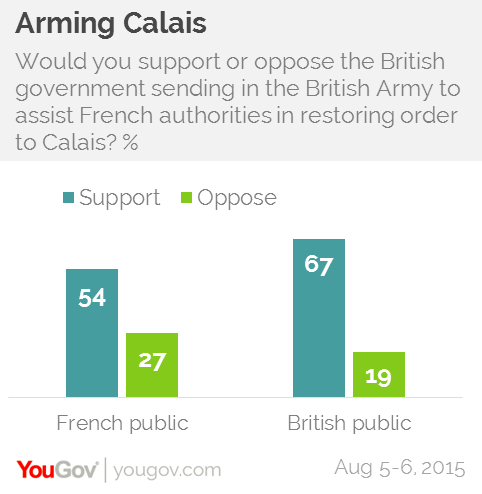This is a follow-up to this question about what hard Brexiteers want with respect to the Irish border. It appears that hard Brexiteers are mostly happy to leave this question for the DUP and Ireland to sort out, and they are OK with keeping it a soft border. They see it as a technical issue rather than a crucial aspect of their plan.
What I still don't understand is this: for hard Brexiteers, taking back control of the UK borders to limit immigration is a major outcome of Brexit. Still, they don't seem concerned about leaving the Irish border open, even though it could become a major point of entry for illegal immigration in the future:
- Ireland will keep welcoming EU citizens who could easily cross the border. Ireland could even decide to join the Schengen Area in the future, making it even easier for any EU citizen to reach the British Isles.
- While the UK has an agreement with France (including significant monetary contributions) for France to prevent illegal migrants from crossing the Channel, I'm not aware of any similar agreement between Ireland and France. Thus France has no particular incentive to stop migrants from going to Ireland. This is probably not a problem now, but after Brexit direct trade between the EU and Ireland is likely to increase (since it won't go through the UK anymore), with more opportunities for migrants to try to hide in the lorries going to Ireland and then cross the border.
First question: in the hypothesis of a hard Brexit, isn't a soft Irish border a potential backdoor for illegal immigration to the UK? If not what is wrong in the above reasoning?
Second question: assuming that this reasoning is correct, why don't influential hard Brexiteers campaign for a hard Irish border in order to actually control immigration?
Optional related question: this answer claims that (some?) hard Brexiteers hope that Ireland will follow the UK and leave the EU as well, and that would solve the problem. This option seems very unlikely given that Ireland's economy relies on being part of the EU (let alone the growing Anglophobia in Ireland), but is there any evidence to back this claim?
Note: for the purpose of this question, let's assume that a border is "soft" if people are generally allowed to drive through it on major roads without stopping (as is the case currently on the Irish border). As far as I'm aware, there is no similar case on any EU external border, except with countries which have agreements with the EU to allow for the free movement of people, for instance Switzerland (please correct me if I'm wrong).



